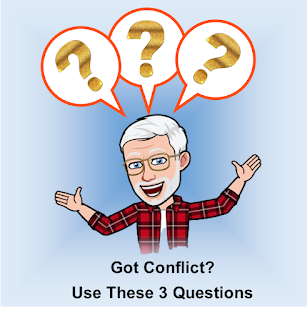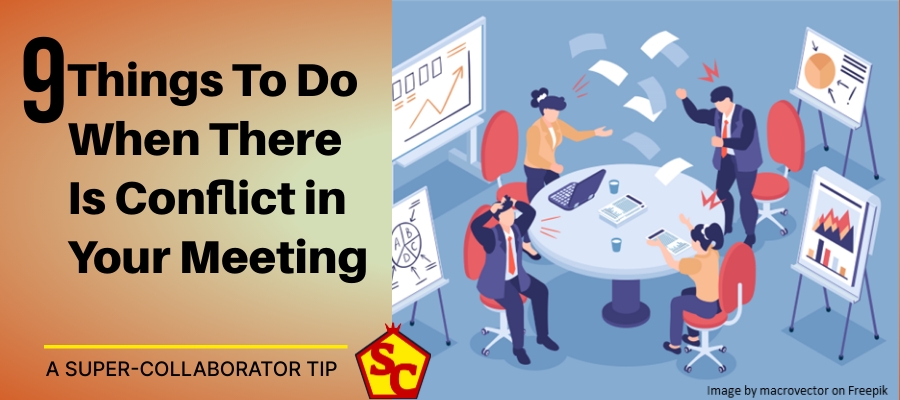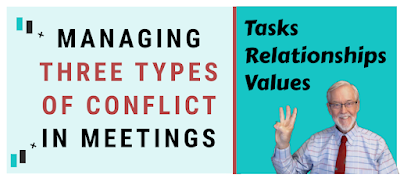Navigating the Tricky Tight Rope Between Anchoring and Goal Setting in Negotiations

Navigating the Tricky Tight Rope Between Anchoring and Goal Setting in Negotiations In the complex world of negotiations, understanding and leveraging psychological principles can make the difference between success and failure. Two key concepts that play a crucial role in this arena are the anchoring effect and goal setting . "In a negotiation, we must find a solution that pleases everyone, because no one accepts that they must lose and someone else win." - Nelson Mandela How to Balance Anchoring and Goal Setting In the complex world of negotiations, understanding and leveraging psychological principles can make the difference between success and failure. Two key concepts that play a crucial role in this arena are the anchoring effect and goal setting. While both can be powerful tools, they also come with potential pitfalls. Here is how to harness these concepts effectively, both for yourself and for leading a team, while maintaining a collaborative approach that fosters...




